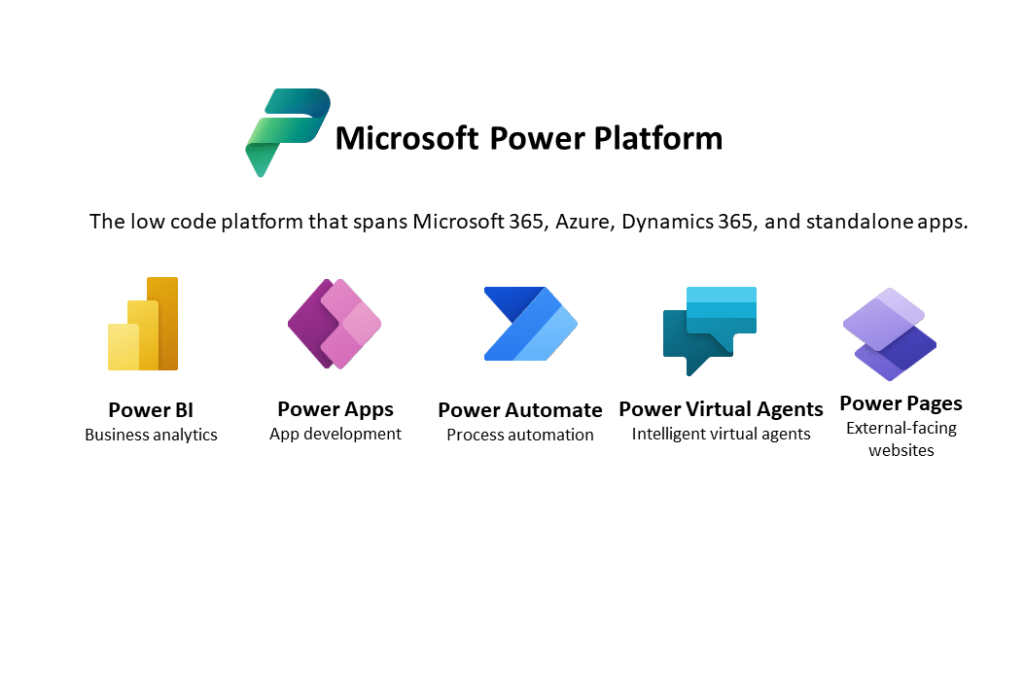The Role of Responsible AI in Power Platform Solutions | Ethics, Trust & Transparency

The Role of Responsible AI in Power Platform Solutions
As artificial intelligence (AI) becomes increasingly embedded in business applications, the need for responsible AI is more critical than ever. Microsoft’s Power Platform integrates powerful AI capabilities through tools like Power Automate, Power Virtual Agents, and Power Apps. But innovation must go hand in hand with ethics, transparency, and accountability.
In this post, we’ll explore the role of responsible AI in Power Platform solutions, and why trust and transparency should guide every AI-powered decision.
1. Why Responsible AI in Power Platform Matters
AI can drive efficiency, automate complex tasks, and unlock new business insights—but only when it’s used ethically. Responsible AI in Power Platform ensures that AI models operate fairly, safeguard data privacy, and provide users with clear decision-making logic.
Key Pillars of Responsible AI:
-
Fairness
-
Reliability and safety
-
Privacy and security
-
Inclusiveness
-
Transparency
-
Accountability
These pillars guide how AI behaves in real-world scenarios, especially when integrated into enterprise platforms like Microsoft Power Platform.
2. Ethical Considerations in AI-Powered Workflows
When building AI workflows in Power Automate, developers must ensure the algorithms don’t reinforce bias or automate poor decisions.
Example:
A recruitment app built in Power Apps should avoid recommending candidates based on biased historical data. Instead, responsible AI filters and balances the data, ensuring fairness in every step.
3. Transparency in Power Virtual Agents
With conversational bots powered by AI, users often don’t realise they’re interacting with a non-human system. That’s why transparency is key.
Best Practice:
Make it clear when users are chatting with an AI bot. Explain how the bot works and which data it uses.
This not only builds trust but also encourages users to engage confidently with the platform.
4. Data Privacy in AI-Driven Power Apps
AI models often rely on large datasets to generate insights. Protecting sensitive information is essential when designing Power Platform solutions.
Example:
A financial app built with Power Apps should mask personal financial data and use secure connectors to maintain confidentiality.
Microsoft Power Platform supports data loss prevention (DLP) policies, encryption, and secure environments to uphold privacy standards.
5. Building Trust with Responsible AI in Power Platform
AI should assist—not replace—human judgement. Responsible AI gives users confidence in automated recommendations while allowing manual override where needed.
Example:
Copilot, for example, offers suggestions in Power Platform apps but leaves the final decision to the user. This balance between AI guidance and human control is central to ethical AI use.
Conclusion: Responsible AI Is Everyone’s Responsibility
From Power Automate to Power Virtual Agents, Responsible AI in Power Platform is about building trust, respecting privacy, and creating inclusive, fair solutions. When used ethically, AI empowers organisations to innovate with confidence—without compromising on core values.
Whether you’re a developer, business analyst, or decision-maker, embedding responsibility into your AI strategy is not just good practice—it’s the foundation of long-term success.

